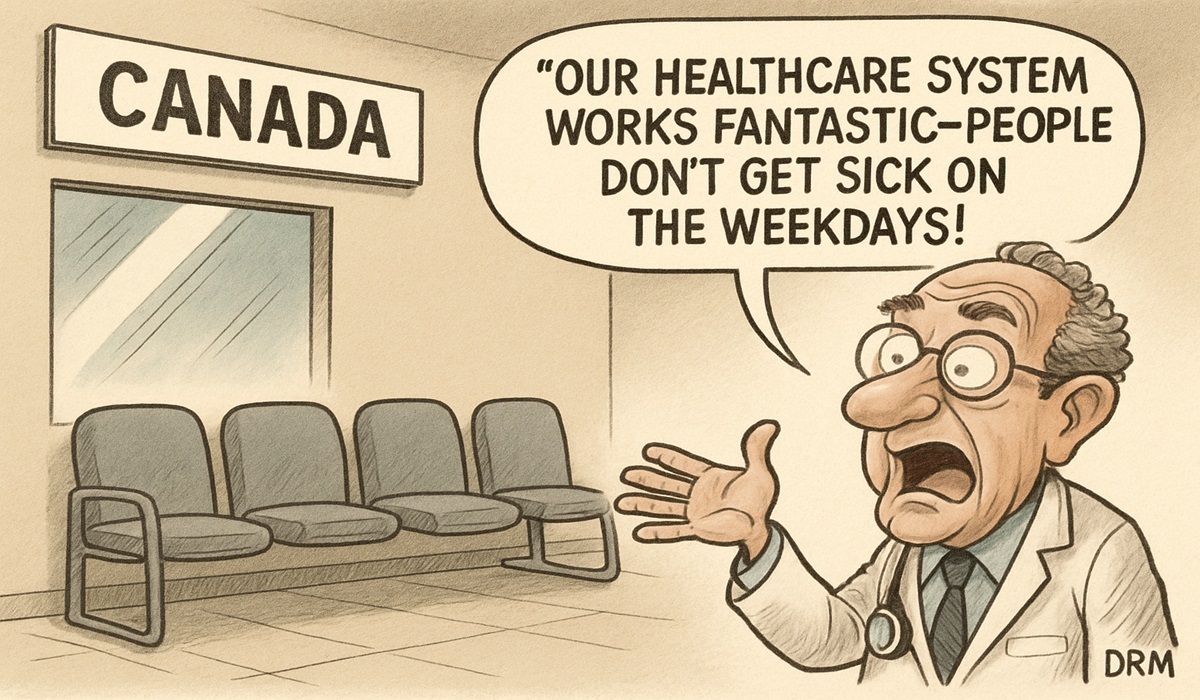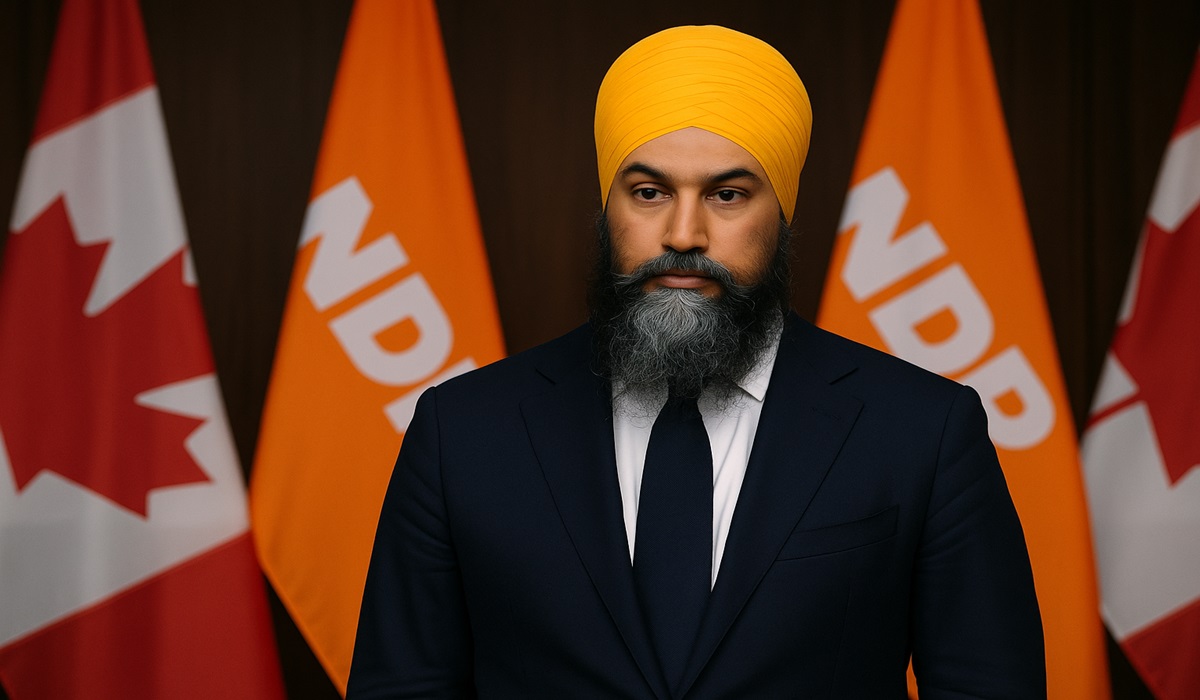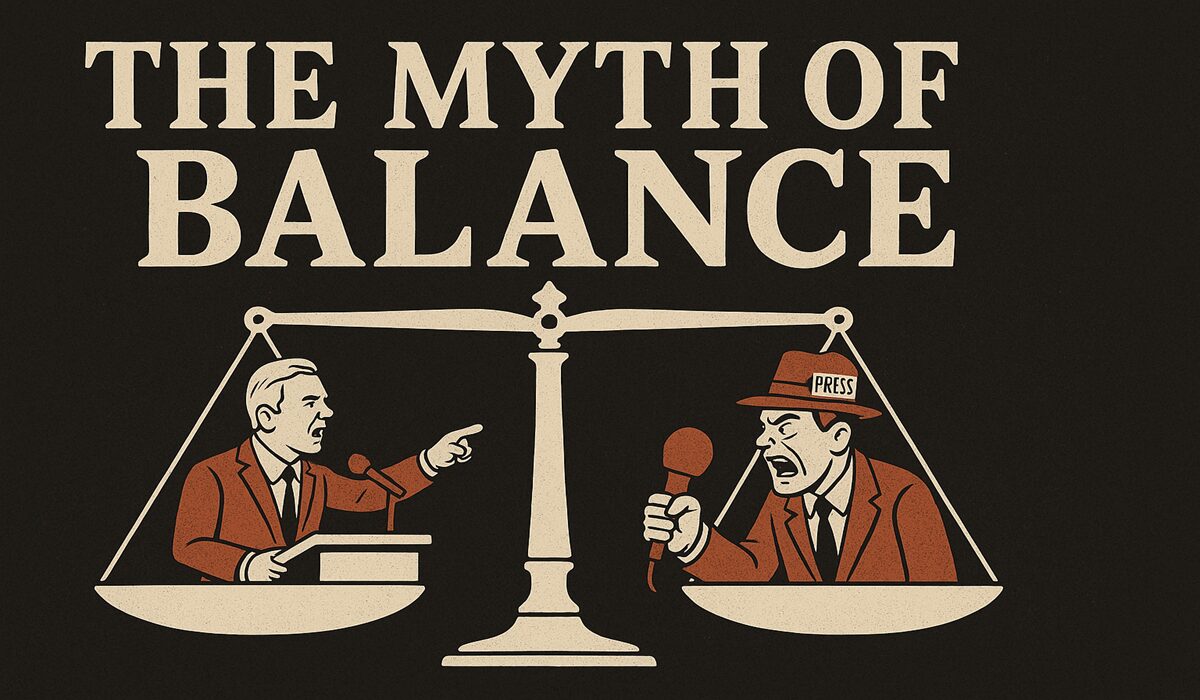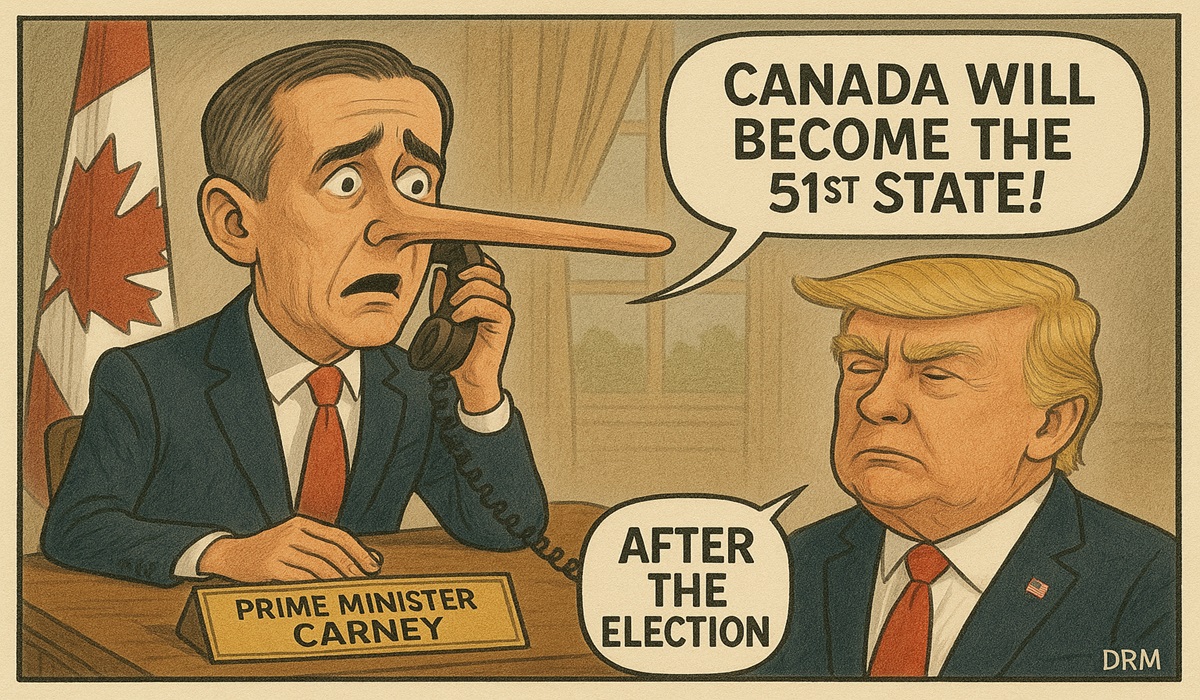MAGA:The Dangerous Myth of the Uneducated Voter. How Elitism Undermines Democracy
- Kingston Bailey
- D.O.C Supplements - Trending News
- Elections
- November 22, 2024
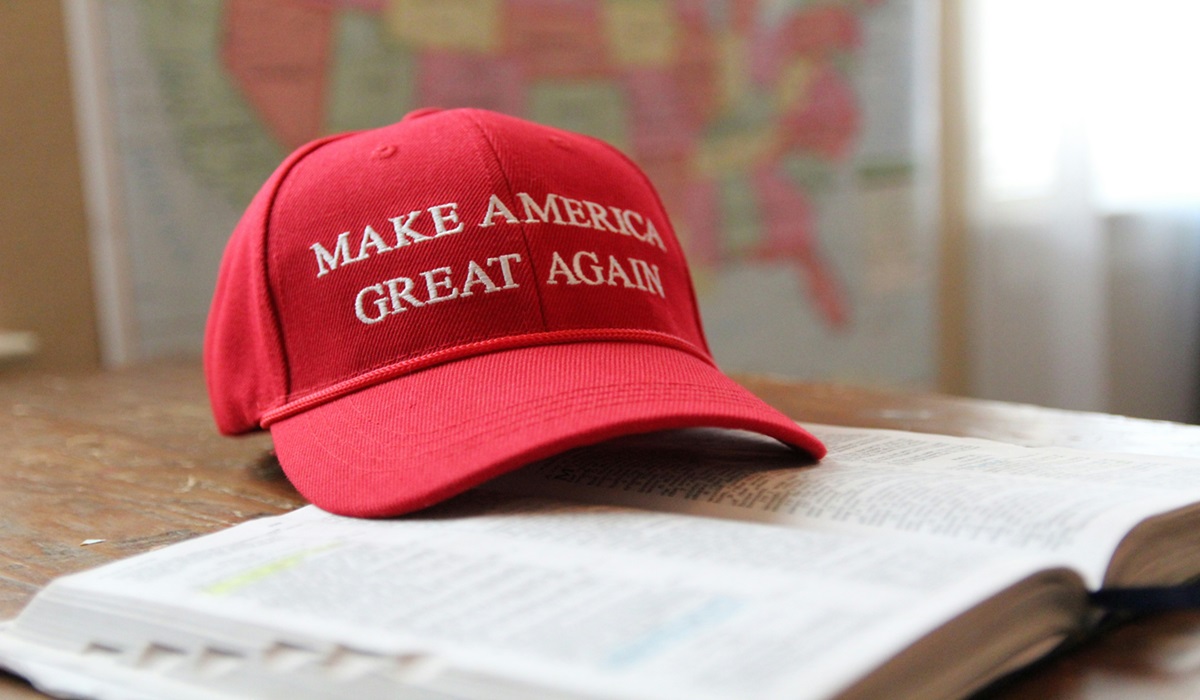
Image Credit, Natilyn Photography
The trope of the “uneducated voter” has become a recurring and troubling theme in modern political discourse, often wielded as a dismissive label by pundits and commentators to undermine the validity of certain electoral outcomes. This term, disproportionately applied to Donald Trump’s voter base, is not only reductive but also deeply offensive to the principles of democracy. By framing voters in such a manner, the broader implications of respect, equality, and the right to participate in governance are sidelined.
To begin, it’s crucial to ask: What do we mean by “education”? Does it refer to formal academic credentials, such as a high school diploma or a college degree? Or is it broader—a measure of an individual’s life experiences, practical skills, and ability to critically engage with the world? The assumption that those who lack formal education are less capable of making informed decisions is not only elitist but ignores the complexities of how people understand and interact with political issues.
The label of “uneducated” is weaponized most often when the results of an election defy expectations or when certain demographics are blamed for a political outcome. Democratic pundits, and to a lesser extent their Republican counterparts, often use this language as a form of scapegoating, shifting the focus away from their own failures to connect with diverse voter bases. However, this framing reveals a lack of humility and a troubling disregard for the electorate’s agency.
Equating a lack of formal education with a lack of value in the political process is antithetical to the ideals of a democratic society. Every American citizen, regardless of their educational background, has the right to vote, and their opinions deserve respect. To belittle someone’s vote as less meaningful because they didn’t graduate from college—or even high school—is to undermine the very fabric of representative government.
Moreover, education itself is not a flawless metric for gauging someone’s ability to engage in democracy. There are college-educated individuals who fall for misinformation, just as there are those without formal schooling who exhibit deep wisdom and critical thinking. It’s worth asking: Why is the term “uneducated” selectively applied to certain groups, and why is it used to diminish their political choices? The use of such language often reveals the biases of those wielding it rather than any truth about the voters themselves.
To fix this problem, political discourse must shift away from condescension and toward inclusivity. Political pundits and commentators need to examine their own lexicon and consider the implications of their words. Instead of demeaning voters based on education, they should focus on addressing the broader systemic issues that influence voter behavior—economic inequality, lack of access to resources, and the failures of political parties to inspire confidence.
Education, in its many forms, is valuable, but it should never be weaponized as a tool to discredit or dehumanize. The dignity of each vote lies not in the credentials of the person casting it but in their shared stake in the nation’s future. Recognizing this is the first step toward fostering a democracy that truly respects all voices, regardless of where they come from or what diplomas hang on their walls.

